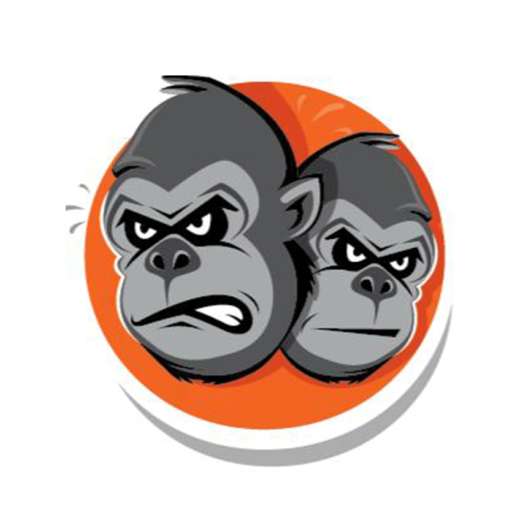Introduction
Hey, you! Yes, you with the slow WordPress website. Frustrated by how long it takes to load? You’re not alone. Slow website speed is one of the key factors that can drive your visitors away and, frankly, hurt your business. But don’t fret! We’ve got you covered with this comprehensive guide to speed up your WordPress site.
Why Website Speed Matters
User Experience
Imagine walking into a shop, and it takes forever for someone to assist you. Annoying, right? It’s the same with websites. Users want quick, seamless experiences.
SEO Benefits
Besides, did you know Google loves speedy websites? That’s right! Faster websites are ranked higher by Google, making them easier to find.
The Tools You’ll Need
Before you jump in, make sure you’ve got the right tools for the job. You’ll need access to your WordPress dashboard, a decent internet connection, and some plugins we’ll discuss later.
Assessing Your Current Speed
How will you fix the problem if you don’t know the extent of it? Use tools like Google PageSpeed Insights or GTmetrix to get a baseline of your website speed.
Web Hosting
Types of Web Hosting
Choosing the right web hosting can make or break your website speed. Your options range from shared hosting to dedicated hosting and even cloud-based solutions.
Choosing the Right Hosting
Do your homework. A cheaper option might save you money but cost you in speed.
Theme Optimization
Importance of Lightweight Themes
A heavy, feature-rich theme might look cool, but it can seriously slow down your site.
Customization Tips
Go minimalistic. Customize your lightweight theme to fit your brand, but avoid bloated features you won’t use.
Plugin Management
Identifying Heavy Plugins
Some plugins are notorious speed-hogs. Identify and disable them.
Plugin Best Practices
Stick to essential plugins and keep them updated. An outdated plugin is not just a speed hog, but a security risk.
Image Optimization
Types of Image Files
JPEG, PNG, or GIF? Know which format suits your needs without compromising quality for speed.
H3: Compression Techniques
Use tools to compress images without losing quality. Ever heard of lossless compression? You’ll love it!
Minification of Scripts
CSS Minification
Condense your CSS files to improve speed.
JS Minification
The same goes for JavaScript. Minify to magnify your speed!
Caching Solutions
Types of Caching
Browser caching, server caching, oh my! It might seem complex, but it’s simpler than you think.
Best Caching Plugins
There’s a sea of plugins out there for caching. We’ll help you choose the best one.
Content Delivery Network (CDN)
What Is a CDN?
Think of it as a global delivery system for your website, speeding things up wherever your users are.
How to Implement a CDN
Most top-tier hosting services offer integrated CDN solutions. It’s as easy as flipping a switch.
Mobile Optimization
Importance of Mobile Speed
More than half of web traffic is mobile. Your website needs to be fast here, too.
Mobile Optimization Tips
From AMP to responsive design, we’ve got quick wins to help you out.
Frequent Mistakes to Avoid
From ignoring updates to using too many fonts, these common mistakes can grind your speed to a halt.
Conclusion
Speeding up your WordPress website isn’t just a “nice-to-have,” it’s a must in today’s digital age. By following this step-by-step guide, you’ll not only improve your user experience but also get some SEO love from Google.
5 Unique FAQs
- Can a CDN slow down my website?
- No, a CDN is designed to improve website speed by distributing your site’s content across various global locations.
- Do all image types need compression?
- While some images are already optimized, it’s generally a good practice to compress images for web use.
- Is shared hosting always slower than dedicated hosting?
- Not necessarily. Quality shared hosting can sometimes outperform poor-quality dedicated hosting.
- How often should I check my website speed?
- Regularly! Especially after adding new plugins, images, or scripts.
- What’s the biggest mistake in WordPress speed optimization?
- Ignoring it! Many people underestimate the impact of website speed on user experience and SEO.





